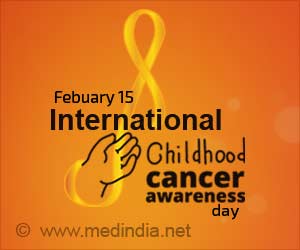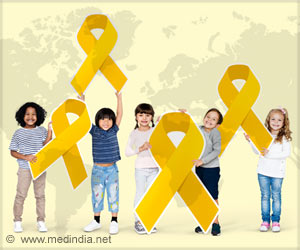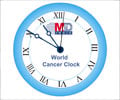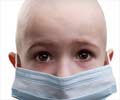Childhood cancer and its treatment result in cognitive problems/struggles. Researchers studied the risk factors that can result in cognitive struggles.
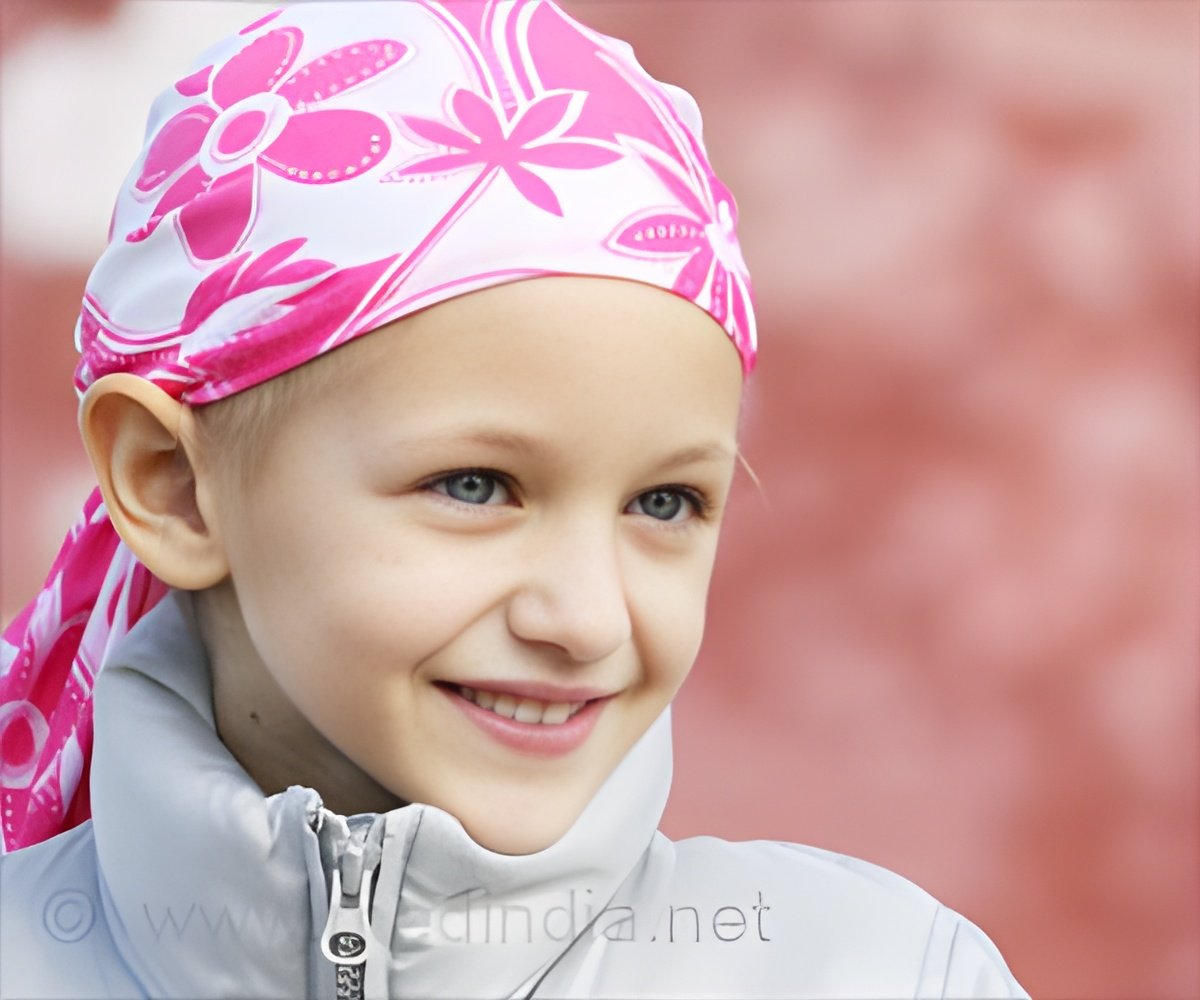
The study findings show social and economic status is associated with IQ, academics, attention, and self-care skills before treatment.
"What was most surprising was that for some measures, the contribution of socioeconomic status was even greater than age at treatment, which has typically been the biggest risk factor," said Heather Conklin, PhD, of St. Jude Psychology.
Childhood Cancer - Statistics
- Every year, approximately 400,000 children and adolescents of 0-19 years old are diagnosed with cancer.
- The most common types of childhood cancers include leukemias, brain cancers, lymphomas, and solid tumors.
- In high-income countries, more than 80% of children with cancer are cured.
- Childhood cancer cannot be prevented or identified through the screening.
- Most childhood cancers can be cured with medications and other forms of treatment, including surgery and radiotherapy.
Source-Medindia


